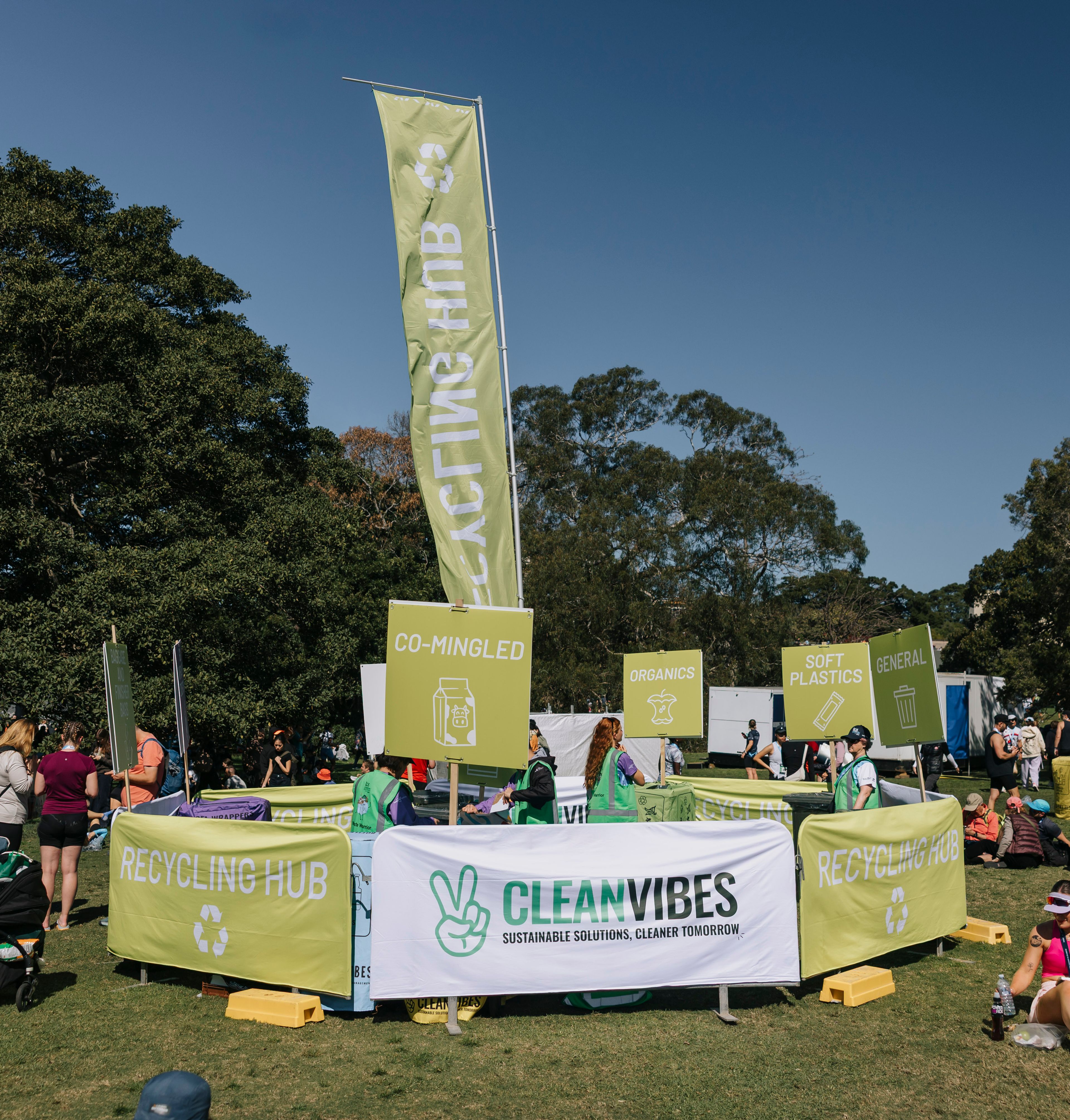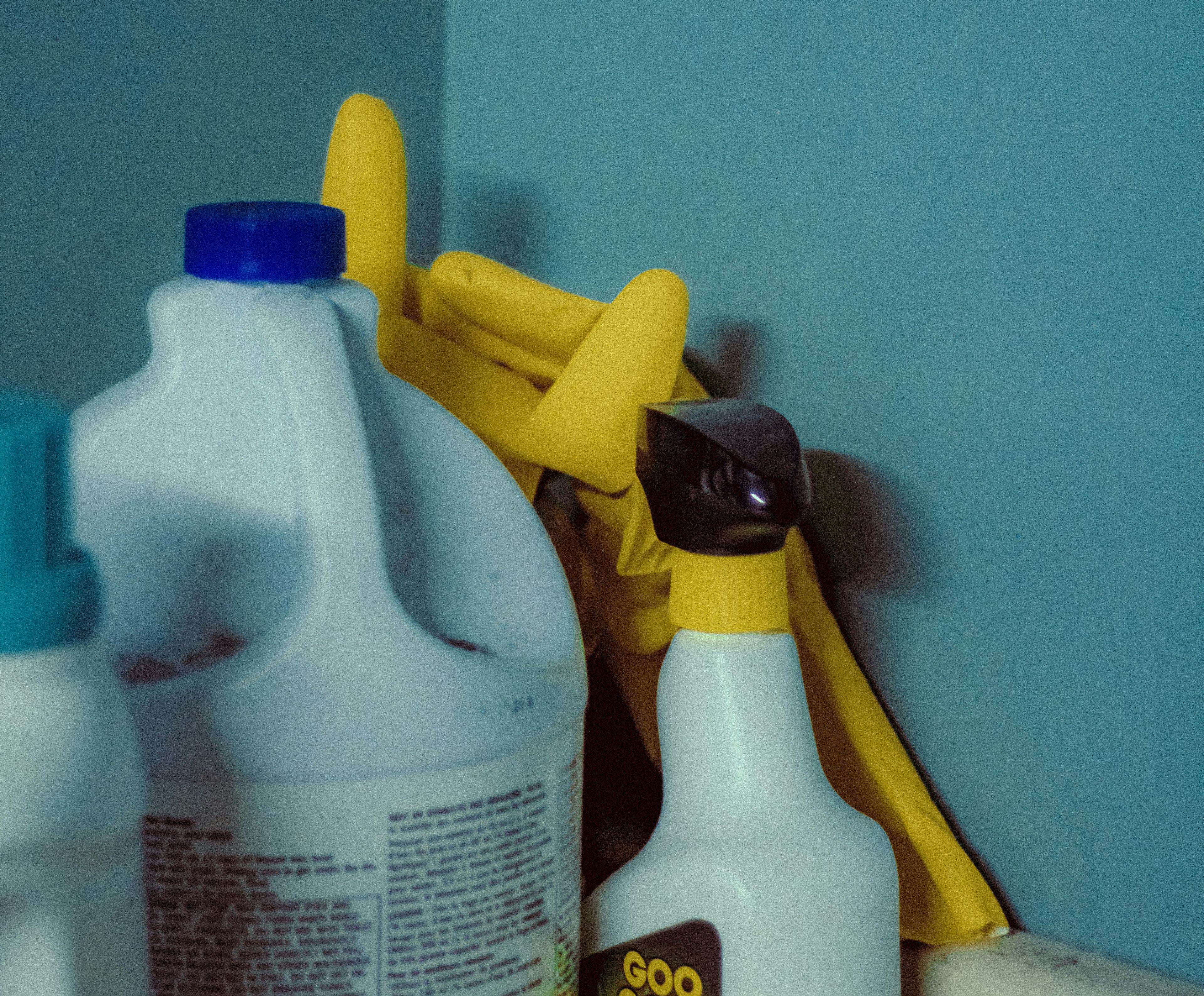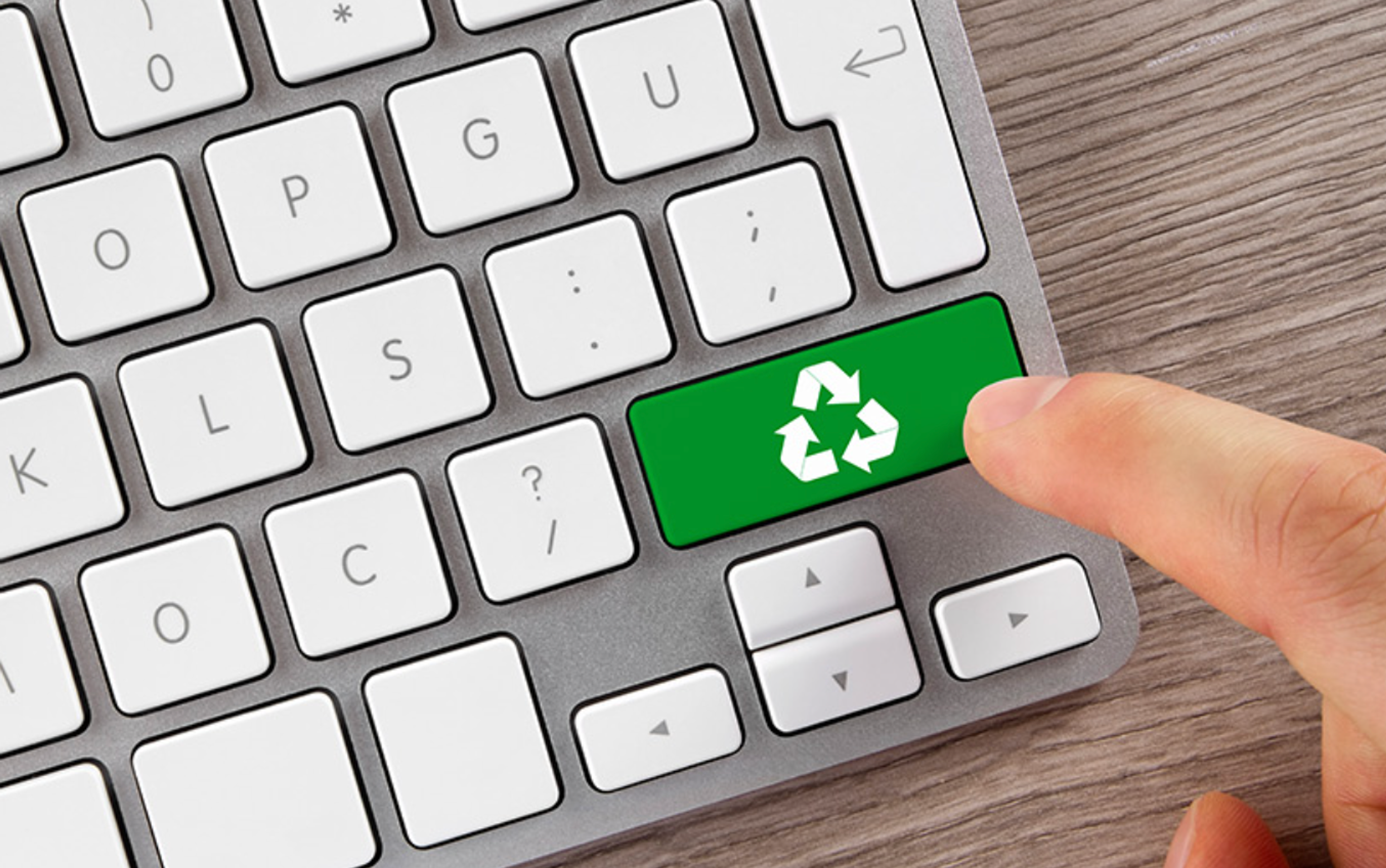How to Recycle Properly in Australia
A guide on what is and isn't recyclable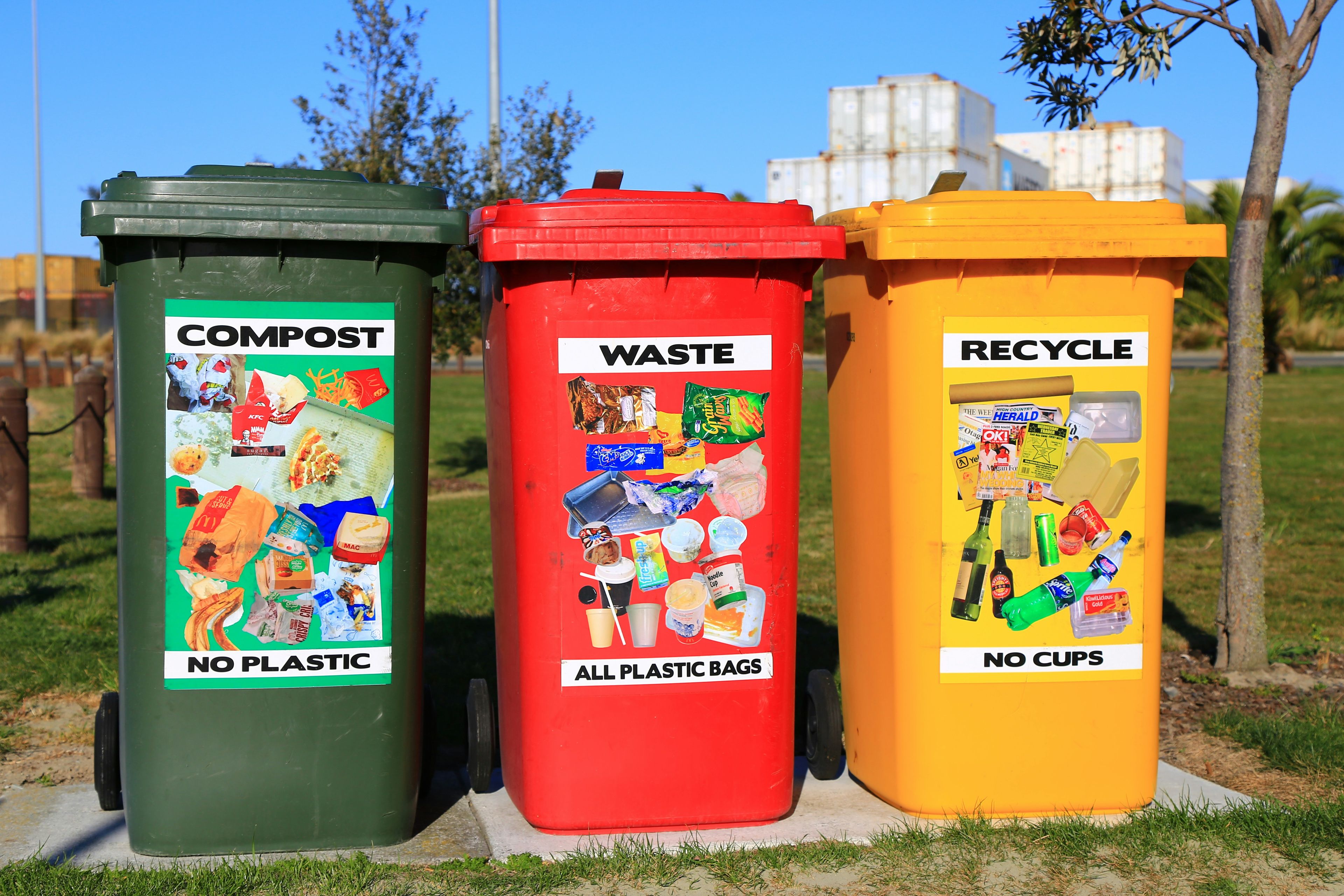
Recycling can be confusing, and not everyone knows how to recycle properly even though the intention is there. This is why we've compiled a little guide to help you understand how to recycle in Australia. Read on for more tips!
General Waste
The first important tip when recycling in Australia is to understand and sort your waste into the correct bin colours. General waste refers to items that cannot be recycled or composted. These should go in your red bin (or whichever bin your council designates for general waste).
Examples of general waste:
- Greasy Burger Cardboard Takeaway Box: The grease makes it unsuitable for recycling.
- Soft Plastic: While these can’t go in the regular recycling bin, many supermarkets offer soft plastic recycling programs (e.g., REDcycle bins).
- Styrofoam: Most councils do not accept Styrofoam for recycling.
- Broken Glass or Ceramics: These can’t be recycled and should be carefully wrapped and placed in the general waste bin.
Recyclable Materials
Recyclable materials are generally placed in your yellow-coloured bin (or the bin designated for recycling by your council). Ensure items are clean and dry before placing them in the bin.
Examples of recyclable materials:
- Cardboard Pizza Box: If the box is clean, it can be recycled. If it’s greasy, tear off the clean parts for recycling and dispose of the greasy parts in the general waste.
- Cardboard: Ensure it is flattened to save space.
- Plastic Bottles and Containers: Rinse them out before recycling.
- Aluminium Cans: Rinse out any remaining liquid before recycling.
- Glass Bottles and Jars: Rinse and remove lids (which may need to be recycled separately).
Here’s another essential recycling tip. Did you know you can now earn money when you recycle drink containers such as aluminium cans, plastic bottles, glass bottles, and fruit juice boxes?
You can deposit them at any Reverse Vending Machines (RVMs) or by visiting a City Return and Earn depot. RVMs are automated machines that accept eligible containers and provide a refund. Simply collect empty containers in a reusable bag and bring them to a depot or an RVM to receive 10 cents for each eligible container. For more information, visit City Return and Earn.

City Return and Earn staff recycling empty cans and plastic bottles
Compostable and Organics
Compostable waste includes food scraps and other organic materials. These go in your green bin (or whichever bin your council uses for organic waste). Alternatively, if you have a garden or plants in pots, you can use this to make your own compost—your plants will love it.
Examples:
- Food Scraps: Fruit and vegetable peelings, coffee grounds, eggshells, etc.
- Coffee Cups: Most coffee cups are not recyclable due to their plastic lining, but compostable coffee cups can be placed in the compost bin if certified compostable. You can read more about compostable packaging in Australiahere.
- Garden Waste: Leaves, branches, and grass clippings.

Compost bin and veggies
Special Items
Some items require special disposal methods and should not go in regular bins.
Examples:
- Batteries: Many councils offer battery recycling drop-off points.
- Electronic Waste (e-waste): Items like old phones, computers, and televisions should be taken to e-waste recycling centres.
- Hazardous Waste: Chemicals, paints, and other hazardous materials require special handling. Check with your local council for disposal instructions.
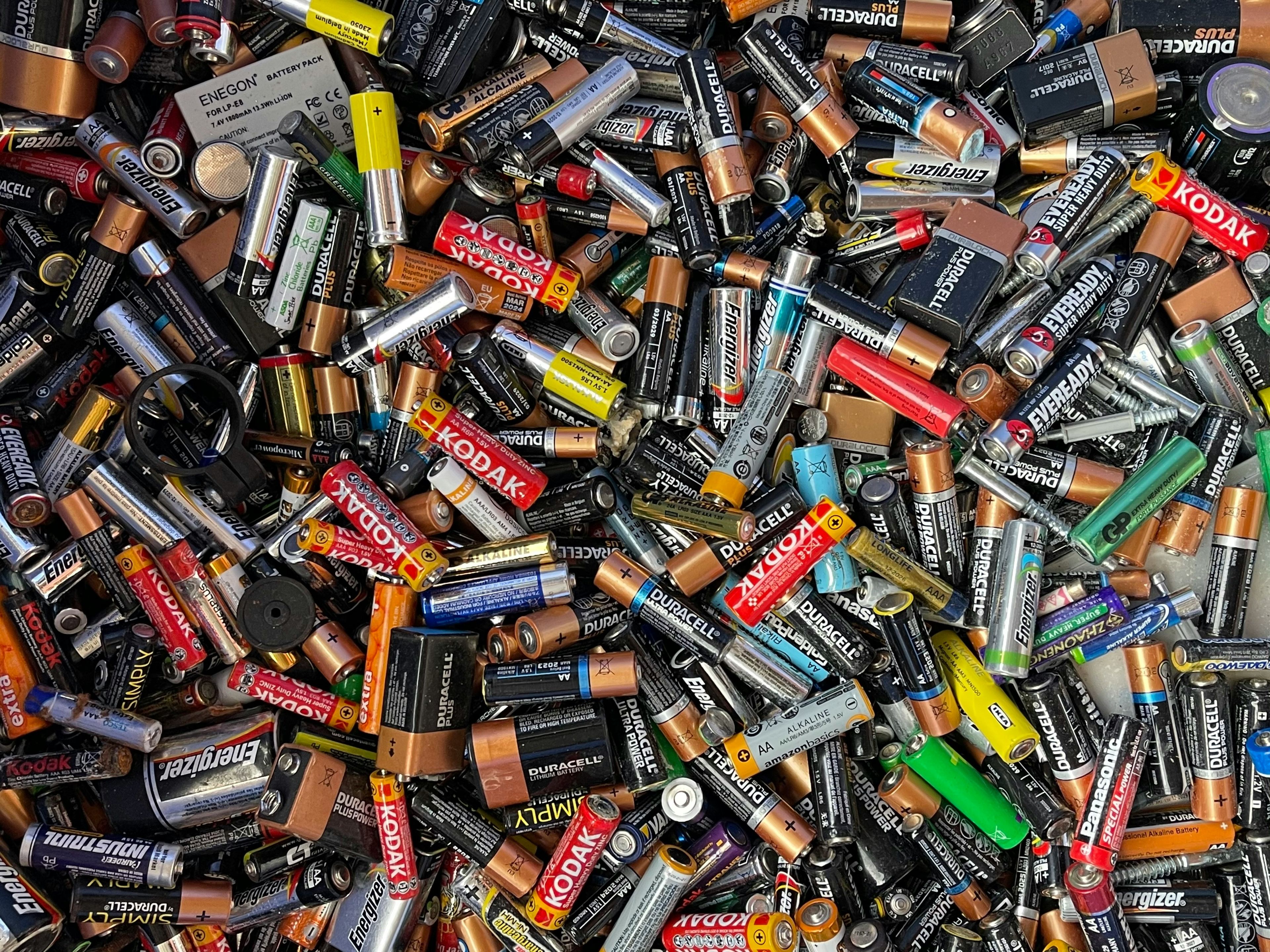
Batteries
Additional Recycling Tips
- Soft Plastics: Collect soft plastics like bread bags, chip packets, and confectionery wrappers and drop them off at supermarket recycling points.
- Bottle Caps: Remove caps from bottles as they are often made from a different type of plastic. Some councils may have specific recycling instructions for caps.
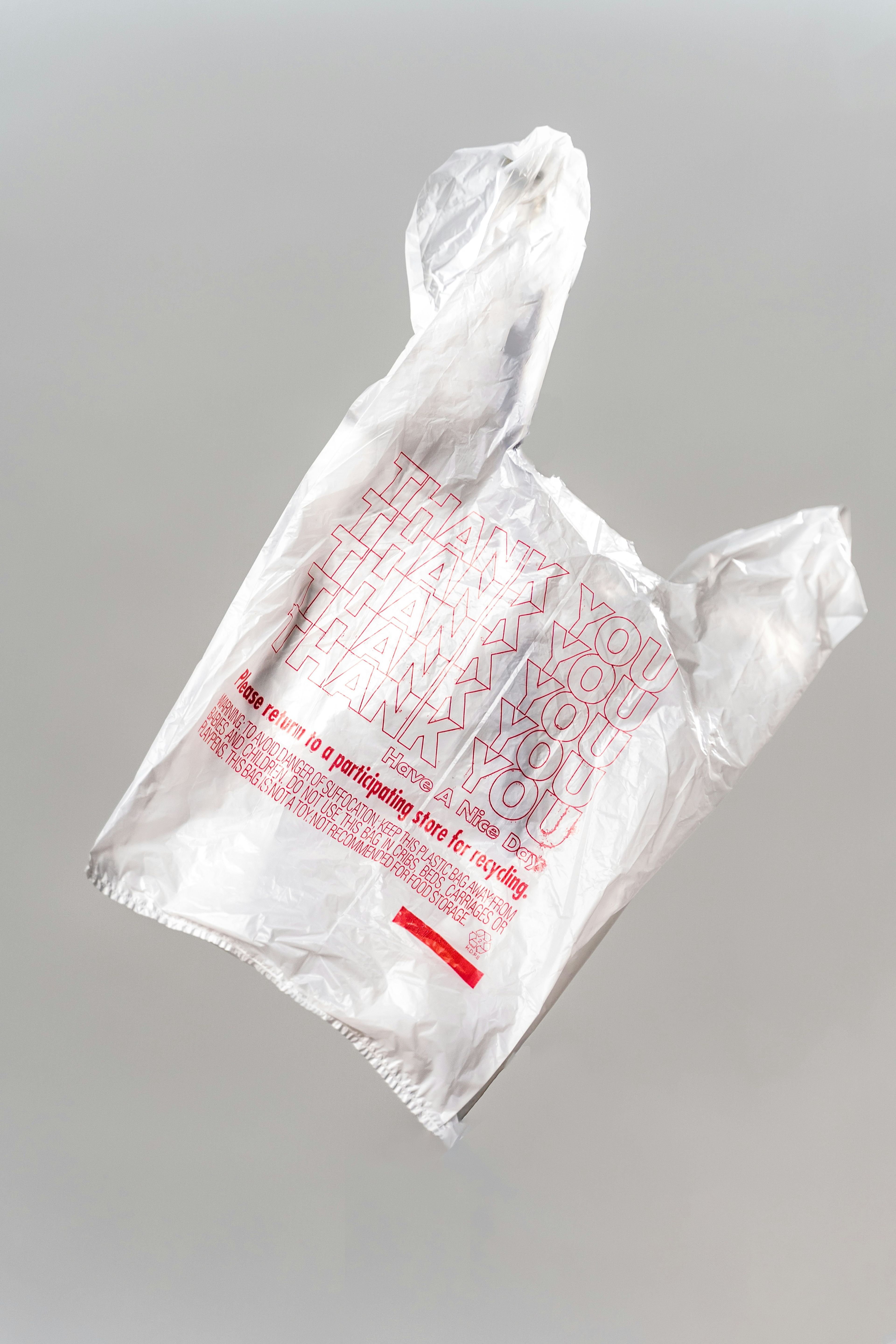
Plastic bag
By following these guidelines, you can ensure that your waste is sorted correctly, maximising recycling and composting efforts, and reducing the amount of waste that ends up in landfills. Always check with your local council for any specific recycling rules and programs available in your area.
For more detailed information on how to recycle in Australia, you can visit Clean Up Australia or your local council's website.
